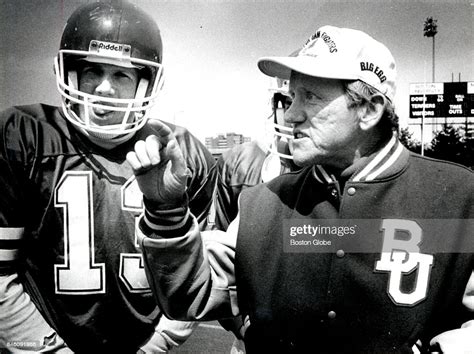A Quote by Bernie Sanders
Whether it is television, radio, newspapers, magazines, books or the Internet, a few giant conglomerates are determining what we see, hear and read.
Related Quotes
Books have survived television, radio, talking pictures, circulars (early magazines), dailies (early newspapers), Punch and Judy shows, and Shakespeare's plays. They have survived World War II, the Hundred Years' War, the Black Death, and the fall of the Roman Empire. They even survived the Dark Ages, when almost no one could read and each book had to be copied by hand. They aren't going to be killed off by the Internet.
When you think about advertising, it's understanding that whether it's newspaper, radio, or television, you have to know how to advertise, how to market, because ultimately, everything comes down to ratings and revenue or ratings and subscribers and revenue, whether it's newspapers or radio or television.
Some of our newspapers and magazines are more concerned with the welfare of their advertisers than they are with the dissemination of news and the discussion of matters of lasting importance. ...Radio, television, motion pictures, popular books - all contribute...to...the stifling of dissent on all but the most banal levels. ...a renunciation of the most basic and precious of democratic principles.
An extraterrestrial being, newly arrived on Earth - scrutinizing what we mainly present to our children in television, radio, movies, newspapers, magazines, the comics, and many books - might easily conclude that we are intent on teaching them murder, rape, cruelty, superstition, credulity, and consumerism. We keep at it, and through constant repetition many of them finally get it.

































